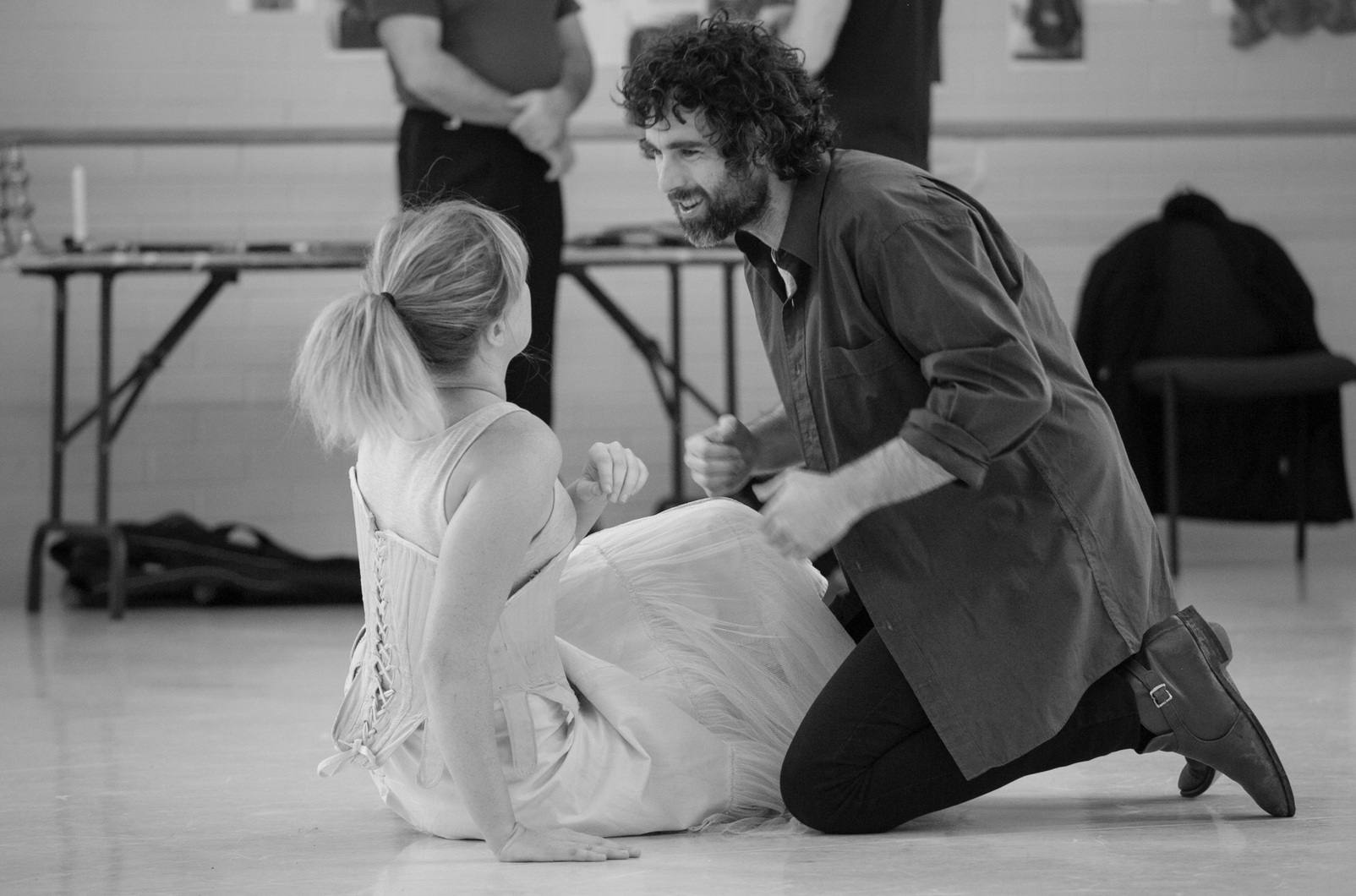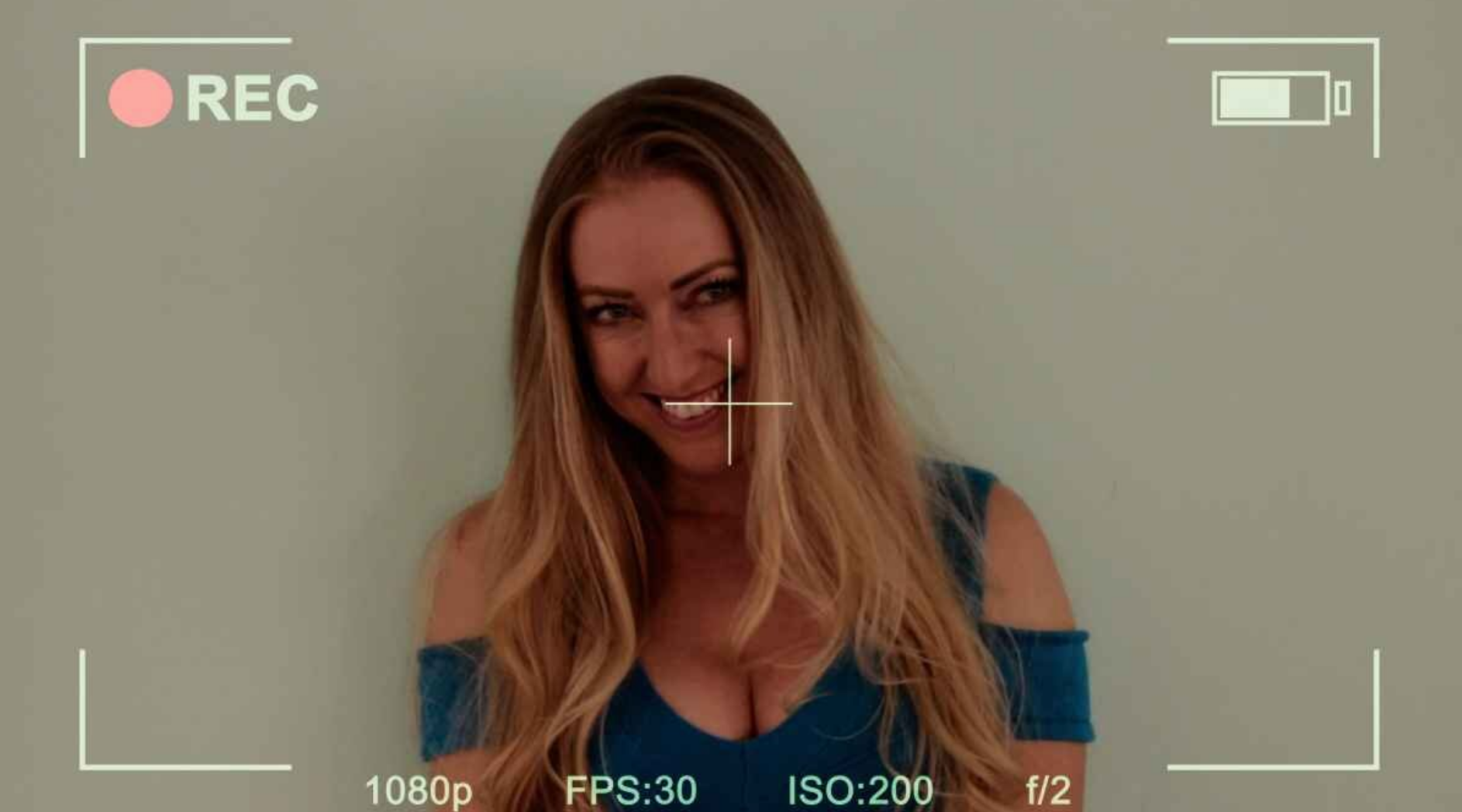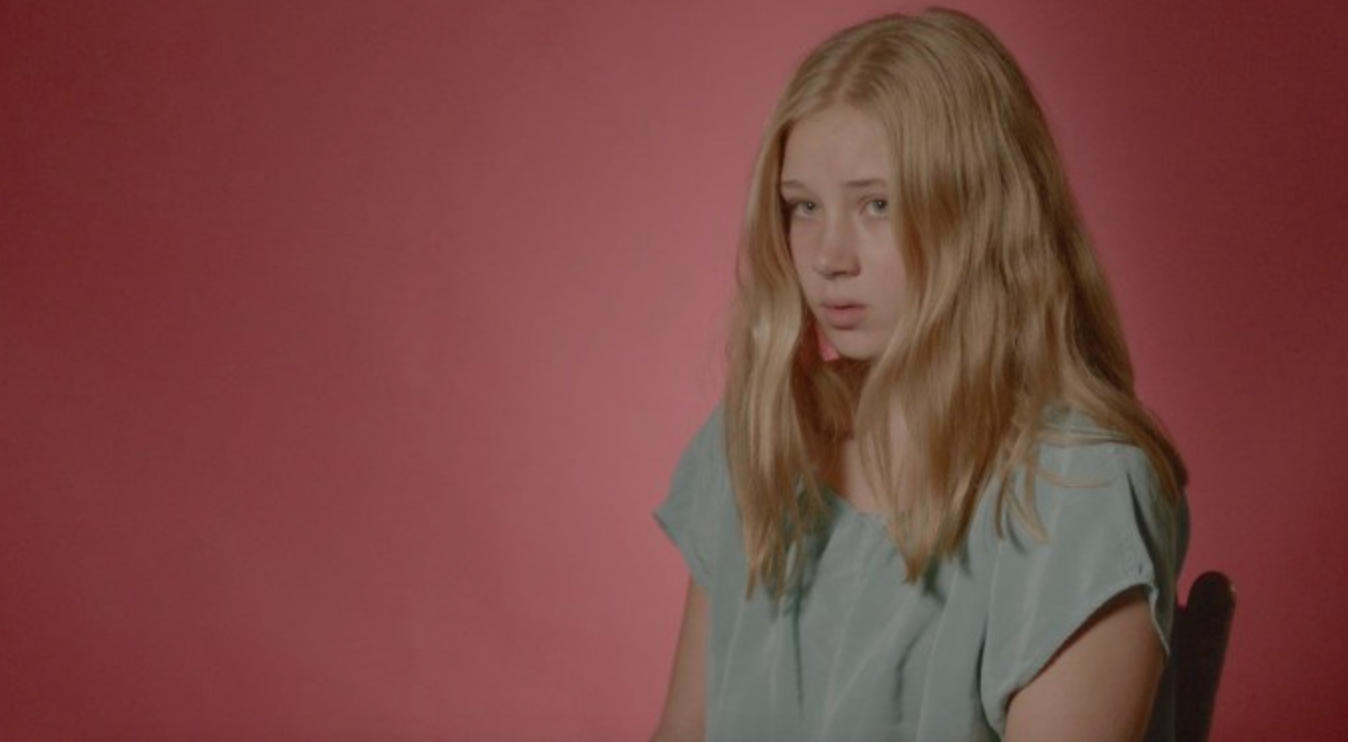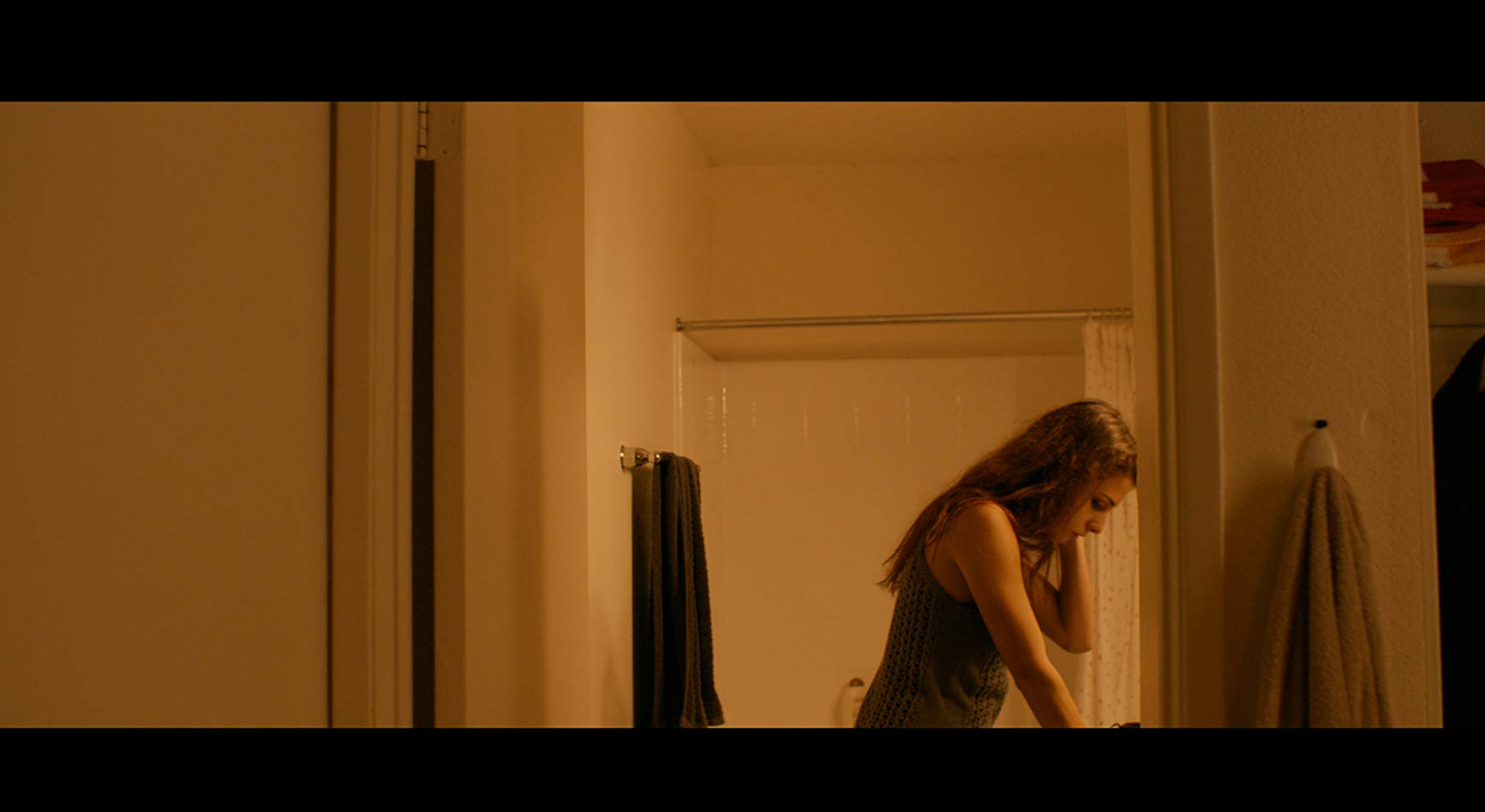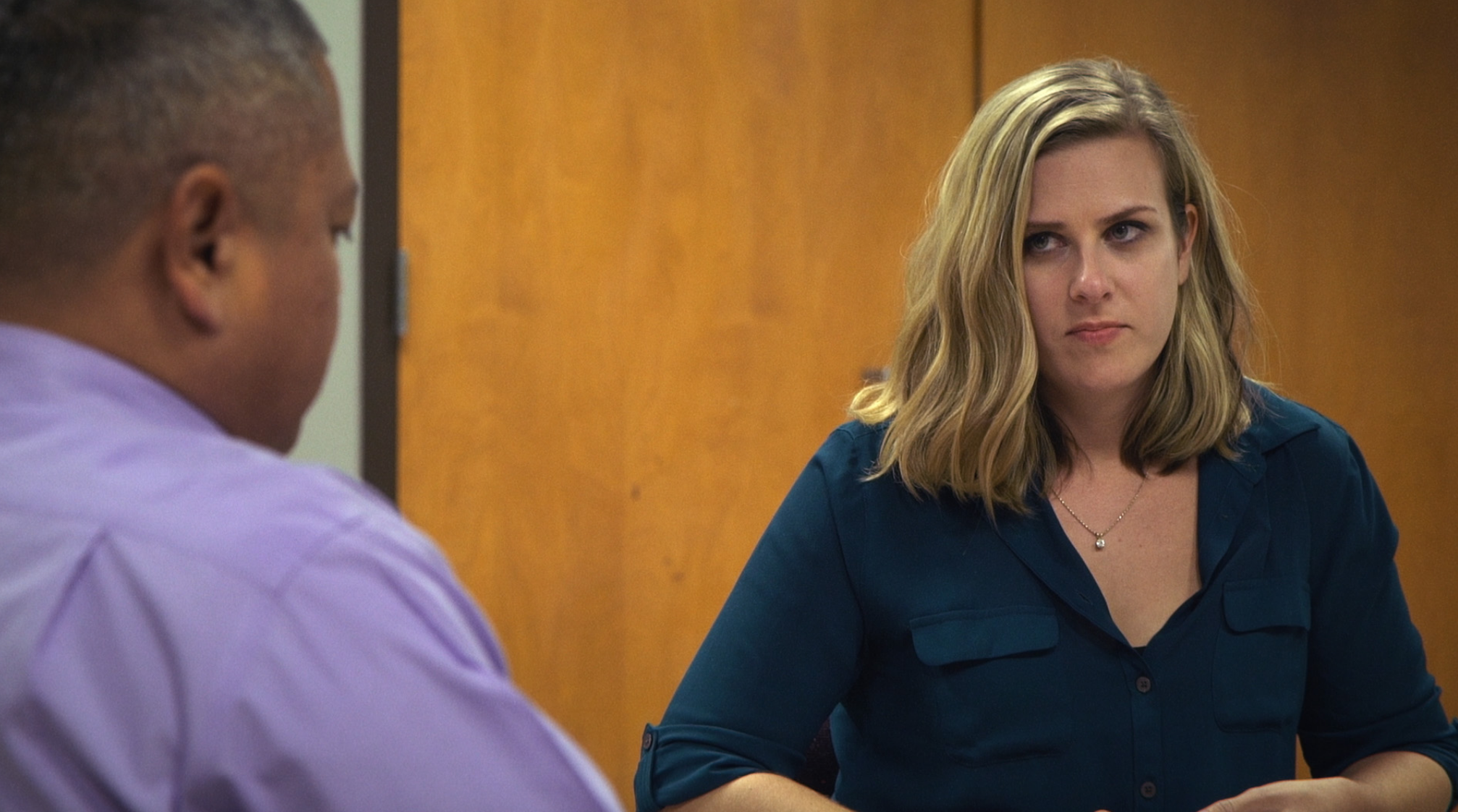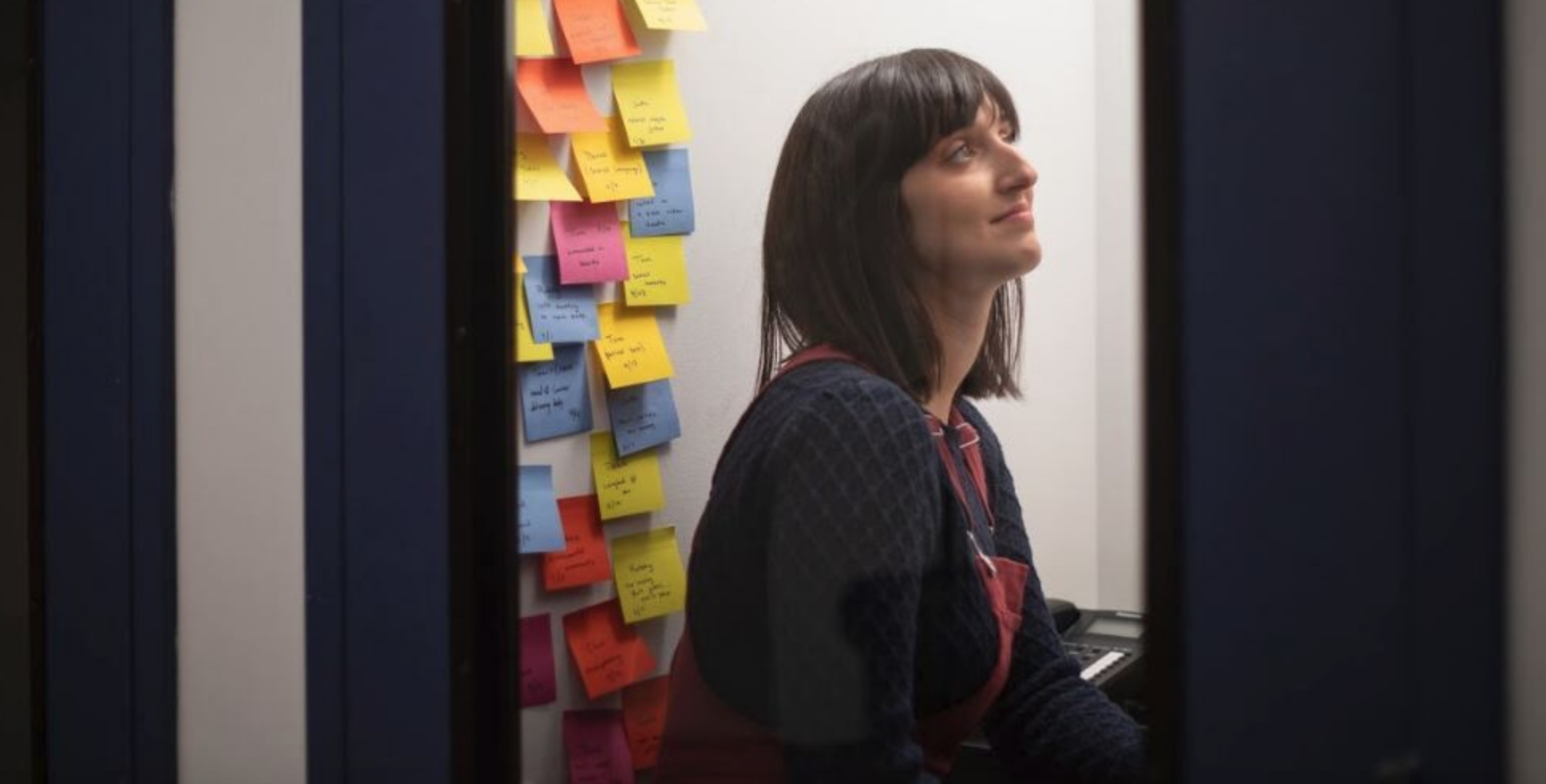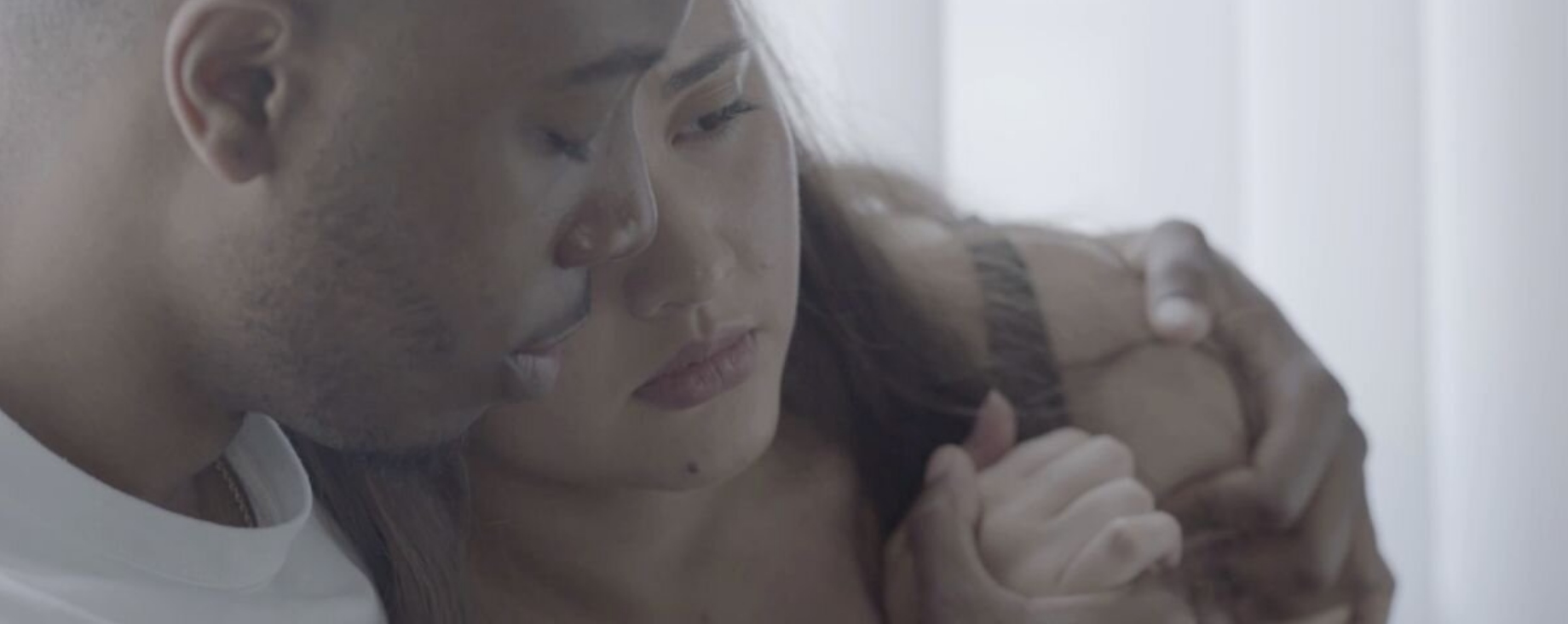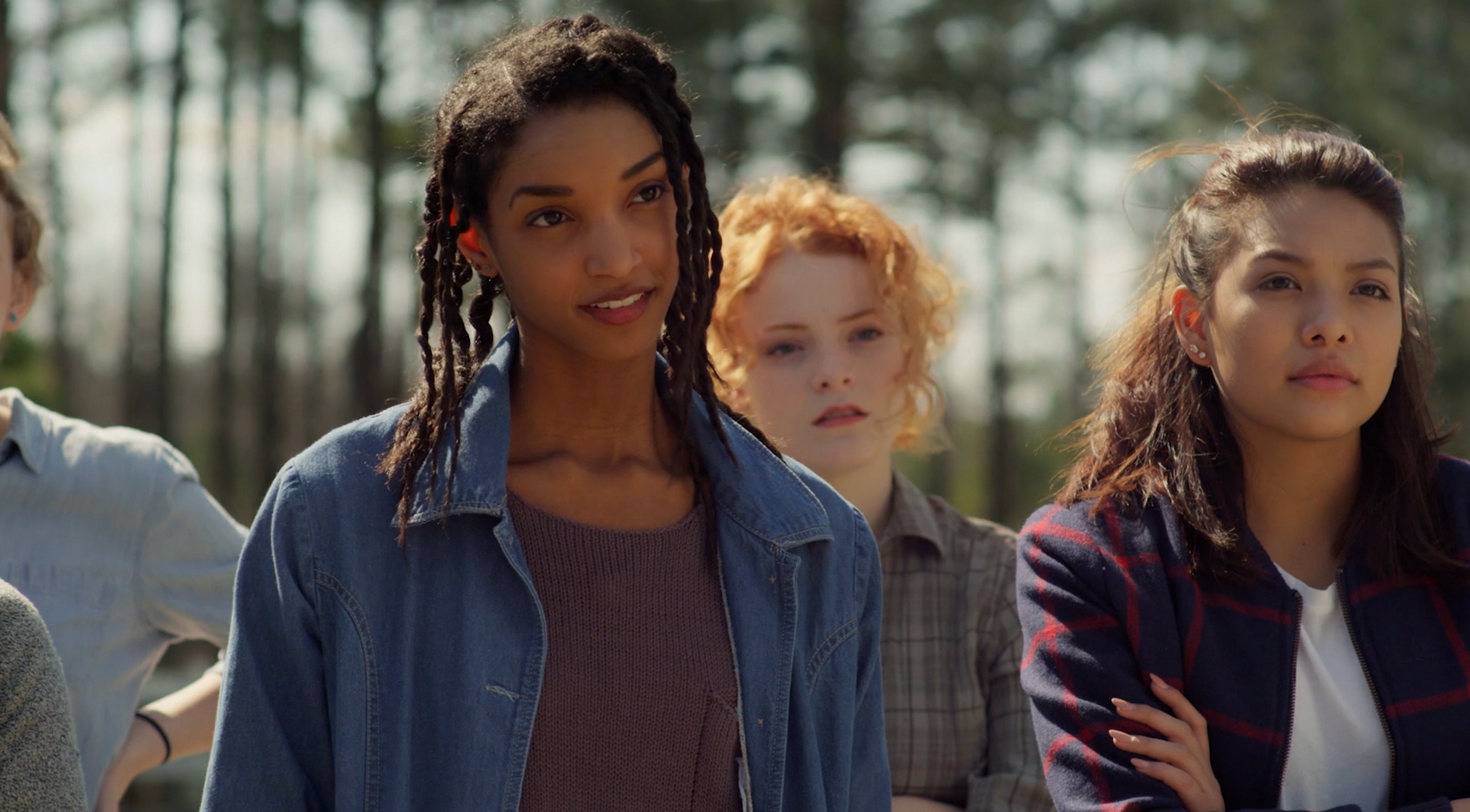3500+ Films - 2.5 million words – 1 million viewers! Founder and Curator Carmela selects some of our most entertaining, powerful and inspiring #metoo films at We Are Moving Stories. These include short drama and documentary about the #metoo movement: experiences, acting, sexual harassment - and survival.
Total length of this section 25 films.
<EXPERIENCES>
SISTA IN THE BROTHERHOOD Directed by Dawn Jones Redstone
SISTA IN THE BROTHERHOOD is a film about a black tradeswoman who must choose between keeping her job or taking a stand against discrimination. Length: 20.37 minutes. Dawn Jones Redstone writes:
“First of all, I’m pretty sure you’ve never seen a narrative film about a tradeswoman. If you have, it was Flashdance and riddled with the male gaze. This film, directed by a former union carpenter (me), will annoy you, wreck your heart, make you laugh and then show you how badass black tradeswomen are.
Hammers and saws are involved. Plus, lead actor sidony o’neal (she prefers all lower case), will knock your socks off.”
You can read the full We Are Moving Stories interview about SISTA IN THE BROTHERHOOD Here:
Nevertheless - Taking a look behind the headlines of #MeToo and Time’s Up, Nevertheless follows the intimate stories of seven individuals who have experienced sexual harassment in the workplace or school context. From a writer's assistant on a top TV show to a Tech CEO and 911 dispatcher, the film shines a light on the ways in which we can shift our culture and rebuild. Nevertheless we persist. Length: 1 hour 20 minutes. Interview with Writer/Director/Producer Sarah Moshman:
“Audiences should watch Nevertheless because it sits at the intersection of activism and storytelling. ”
<ACTING>
LOST BENEATH THE STARS Directed by Dani Alvarado
LOST BENEATH THE STARS is a short drama about the struggle of pursuing dreams and its unexpected beauty. Directed on the cusp of the #metoo movement this film implicates director James Toback - also accused by hundreds of women in the LA Times of sexual harassment. Length: 16 minutes. Dani Alvarado writes:
“There are also the themes of misogyny and harassment in Hollywood. The opening scene’s dialogue is almost verbatim to a meeting I once had with a prolific director. This was important as it wasn’t just a Hollywood cliche but something real that did and should not happen. But this use of sex as power can also be found and perpetuated on the receiving end: the last scene of the film displays Jocelyn using her sexuality to get something out of Ted.”
You can read the full We Are Moving Stories interview about LOST BENEATH THE STARS Here:
She & Her - Daytime Emmy Winner Carolyn Hennesy (True Blood, General Hospital, St. Agatha) stars as Poppy Sinclaire, an aging ex-actress whose world is turned upside down when young up-and-comer Mattie Morris (Mackenzie Breeden) drags her out of her self imposed exile and convinces her to share her story of Hollywood abuse. Together with super-producer Addie Banks (Gwen Hillier) the women work through their shared traumas as they fight and forgive, ultimately taking back the narrative, and shaping a future that they want to live in. Length: 16.43 minutes. Director Nate Hapke:
“I was drawn to this story for myriad reasons. When the Weinstein story broke, I started to think about the victims and how they were the ones that people should be talking about. I cared about their stories, and how they coped with the horror. I wanted to tell a story about the importance of solidarity, and about how we can move forward beyond tragedy together. I didn’t want to see or hear the abuser. Rosie and I wanted to do this in a respectful and non-exploitative way, in an effort to be sensitive to decades of abuse at the hands of those in power.”
Darling, You're Mine - In the 1950s, a young aspiring actress lands a leading role in a feature film, but finds herself struggling when being sexually abused by the director. 12 minutes. Writer/Director Vilde Eide and Producer Tina Shruti Karlsen:
“Making this film, we wanted to tell a story focusing on the ethics and morality around sexual abuse in a professional employment, and how one person can end up as a silent victim due to shame and the societal norms and expectations. Setting this film in the 1950s, we are telling it in a time that the women stood weaker in the society and didn’t have the same opportunity to expose their rapist. We wanted to tell this story because it covers a timeless problem – sexual harassment/abuse in what should be a professional employment relationship.”
Safety Work - A jaded young actress ends her day at a budget motel where she must face her choices. Dedicated to the invisible woman of the “Time’s Up” and “Me Too” movements. Length: 5 minutes. Writer/Producer/Actor Alyssa Kompelien and Director/Producer Cheryl Isaacson:
“AK: While the setting of the story is in the film industry, there are themes in the film that are universal to all industries and all women. We hope to continue to add to an important conversation around consent, the Time’s Up Movement, and the things we as a culture need to be doing to continue supporting, protecting, and respecting women.
CI: The film is a short ride into the tangled space of transactional relationships. We’re just beginning to look honestly at this stuff and I’d like the film to start some conversations. ”
TOMORROW, AND TOMORROW, AND TOMORROW - You are a woman in a play. Learn your part. Know your place. Length: 24 minutes. Writer/Director Sunday Emerson Gullifer:
“The film examines what it means to be a woman in a world that celebrates only male genius, the abuse of power that can so often exist in creative relationships, and the personal cost of making great art. These issues are all currently at the forefront of our industry, with countless stories of abuse emerging as a result of the ‘Me Too’ and ‘Time’s Up’ campaigns. While those movements originated in the entertainment industry, these issues are rife across all sectors and I think great art boldly interrogates the issues of the day.
Despite all this, the film is also very funny, so audiences will laugh and then spend a lot of time thinking about the why of it all.”
Lamb - An eager and trusting filmmaker follows a female assistant from a hotel lobby to a secluded room for “a meeting” with the assistant’s boss. Were these female assistants who led Hollywood’s lambs to slaughter accomplices in the complicity machine or victims themselves? Length: 6.09. Writer/Director Caroline Slaughter:
“When the #MeToo movement exploded in the fall of 2017, it brought back visceral memories for me. Memories I tried to forget; about the power of a dream and the lengths, I was told I’d have to go to get it on a summer night in 2009. When Weinstein and others were exposed, my shame, anger and pain from that night all came flooding back, but the person I felt the most betrayed by was not the predator, but the woman I trusted, who led me to him. ”
DisGraced - Five years after her big break turned out to be a big flop, a struggling actress asks herself how much humiliation she's willing to endure for another chance to make it. Short film. Writer/Director/Producer/Actor Victoria Vertuga:
“Hi. I’m Victoria. And I’m a woman. A woman who happens to have blonde hair and big boobs (provided by genetics, not a hair salon and plastic surgeon) and a moderately pleasing face. I’m also a woman who chose to pursue a career as an actress. I know. How cliche. Over the years I have had extreme highs and even lower lows and some truly outlandish and wacky experiences. DisGraced is the watered-down version of many of these experiences because fact is always stranger than fiction.”
<SEXUAL HARASSMENT>
ME 3.769 - A pubescent Latina looks forward to her maturing body, but must soon cope with the sexual misconduct of someone she trusts. Length: 9 minutes. Writer/Director/Producer Elaine Del Valle:
“I hope that the subject matter would resonate with audiences. I hope that those who are a great supporter of the ME TOO movement will most relate, while those that present contrasting opinions will at least find in this one film an explanation for silence. I want audience members to want to share it with young girls in their lives, and use it to broach a sensitive and embarrassing subject.”
The Boarding House - A timely reflection on the challenges faced by young women setting out for themselves in a world where sexual harassment is the norm. Length: 16 minutes. Director Mary Liz Thomson:
“I made the film with a writer friend to explore creating a good story that could work as a short. I was drawn to the impact of a common form of sexual harassment and characters who would grow in a unique type of coming of age story.”
The Hostess - There's no time for crying during the dinner rush. Length: 7.23 minutes. Writer/Director/Producer/Actor Rosalie Alspach:
“I wrote this film a few years ago because of one particular exchange I had that really stuck with me. I had been working at a restaurant and was in a situation like Margot’s with a customer on the phone. For context, the character Margot in my film was sexually harassed over the phone while trying to take a dinner reservation—this occurs right before the film begins. When I hung up the phone, I stepped off the floor and went to the employee room to gather my thoughts. One of my coworkers was there and asked me if I was ok—I was ok, but I told her what had just happened. She shrugged it off. My initial thought was, “that was not an appropriate response. How could someone think that was an appropriate response?” Then I stopped and checked my judgement and found myself asking, why did I think that she should know how to respond? Why did I expect her to know the appropriate response?”
Mwah - It's an ordinary school night for a teenage girl as she rides her bicycle home from her friend's house. On the way home she encounters a man who follows her and makes her the object of predatory attention. Length: 7 minutes. Writer/Director Nina Buxton:
“Being cat-called is such a common experience, but strangely it’s something I’ve never seen depicted in a film before. I wanted to make a film about these smaller, more subtle moments of everyday sexism that too many women endure silently.”
The Squirrels in the Attic - A spitfire public defender unexpectedly finds herself in uncharted territory while interrogating a dangerous ex-con and his inappropriately young girlfriend in their isolated rural home. Length: 19.59 minutes. Writer/Director Rachel S. Thomas-Medwid:
“The film is about the demons people have running around their heads, which I feel is absolutely universal, whatever form they may take. The main character, Ingrid, is grappling with this as a victim of sexual abuse. While not a personal issue for me, the irreparable damage it can cause is certainly universal and topical. Another theme that ties in closely to this is the question of if people can fix themselves by attempting to fix others.”
<SURVIVAL>
THE GIRL WHO CAN NOT SPEAK Directed by Stefano Da Frè and Laura Pellegrini
The Girl Who Cannot Speak follows five women's true stories of sexual abuse. Each woman has been involved with the Lenox Hill Women's Shelter in New York city. As the project moves forward we meet Charlotte, a 13 year old girl who's story is depicted through visual images. She never speaks. Length: 20 minutes. Stefano Da Frè writes:
“Each woman’s story is very specific. Each woman has a different life story - a different emotional life. However, the shame of their own abuse is something shared, and paradoxically, ultimately very lonely. They bear witness to their own traumas for the rest of their lives. Even if it is shared.”
You can read the full We Are Moving Stories interview about THE GIRL WHO CANNOT SPEAK Here:
Paris - A girl deals with the aftermath of being sexually assaulted, and the decisions she must take. Length: 9.23 minutes. Writer/Director/Producer Mauricio Jauregui:
“I think the main message of the film is: here’s a problem that our society faces; and we are not really doing enough. But at the same time, I just want people to connect with this character and empathize with her experience.”
Me Too - A Youtube vlogger experiences sexual violence at a party, and how she learns to cope with the after-effects of trauma is seen through the eyes of her webcam. Me Too is the public dramatization of a very private struggle faced by millions of women worldwide. Length: 5 minutes. Writer/Director Maya Bastian:
“At the forefront of the #metoo movement, we have heard many stories about the act of violence but what happens afterwards? This film sheds a light on a year in the life of one survivor. This film aims to capture the power of trauma by exploring one vlogger’s experience. It’s essentially a ‘found footage’ film, shot entirely on a webcam. It will take you through the first days after the incident, and then onwards to show the variety of health impacts that linger on. ”
What Happened to Evie - A girl’s fractured memories distort the truth of a sexual assault in this multi-layered thriller. Length: 10.37 minutes. Director Kate Cheeseman:
“We were making the film as the whole #MeToo movement started to grow and the film is really relevant to that. Therefore, I hope it will help people in similar situations to deal with the issues and all of us to think about the broader issues of how women are seen and how they are portrayed in the media which feeds into that.
As a woman working in the media and with a teenage daughter, I’ve always been aware of the problems women can have. However, what surprised me was that most people I talked to had had some sort of bad experience at least once, sometimes more than that. That is quite shocking!”
Second Assault - Twelve years after being sexually assaulted on her college campus, Jillian embarks on a journey to confront the past. Length: 18.34 minutes. Director Jillian Corsie/Amy Rosner:
“When the Trump tapes were released in October of 2016, it pushed many sexual assault survivors to share their experiences online. Kelly Oxford, a journalist for the NY Times, tweeted and asked women to tweet her their assault stories. Within 24 hours, there were hundreds of thousands of tweets, and one of them was Jillian’s (co-director on the film). When her tweet went viral, she felt as a documentary filmmaker she could speak to some of the collective trauma that survivors were coming forward to speak about. And as a survivor, she felt that it was time to confront this part of her past, so she asked (me) Amy Rosner, a close friend and documentary filmmaker, to co-direct the film with her.”
Consent: a short comedy about a serious subject - A singer ignores her fan's consent in this romantic comedy gone wrong. An allegory about sexual assault with absolutely no sex. Length: 13.53 minutes. Writer/Actor Rebekka Johnson:
“The #MeToo movement brought many accounts of sexual assault, harassment and rape to the forefront of American conversation. After posting, “You say why didn’t she leave. I say why didn’t he stop.” on social media, I had many debates with friends and coworkers about the difference between sexual assault and a bad date. Consent: A short comedy about a serious subject is inspired by that grey area. I decided to tackle this dark subject with a comedic lens, using allegory, to make the emotional journey of a victim easily relatable. I wanted to entertain while encouraging people to think about sexual coercion in a new way.”
Hysterical Women is a dark comedy about gender in the workplace in our current political and sociological climate. Written in response to the #MeToo Movement, the series follows Alexa, the overlooked co-founder of a music marketing firm as she realizes that her buddies in the office might not be such good guys. The women in this office are ready for a revolution. Will Alexa have the guts to do anything about it? Can she be the leader they need? Writer/Director/Actor Whitney Uland and Nora Kaye:
“We made Hysterical Women in response to the current political and sociological climate. We were about a year out from the rise of the #MeToo and Times Up movements and although some progress had been made, other things really hadn’t, Trump was still our president and Kavanaugh was being sworn in.
The media was interacting with the big stories, and Hollywood’s response seemed to be creating a lot of narratives about rape or prioritizing stories about “the first female in _____”. These stories are so so important but we felt like the nuance of sexual misconduct and gender politics weren’t really being manifested in media- especially not through a comedic lens. We also wanted to create a piece with a lot of different, complex characters- especially for women. (selfish..we know)”
Lighthouse - A woman journeying through grief comes to find herself again through dance. Length: 6.59 minutes. Writer/Producer/Actor Julia van Geldern:
“It’s an incredibly relevant topic in our world today. Sexual assault happens everywhere, and this became very evident with the #MeToo movement. This film was about creating a space where stories as sensitive as this topic would be touched on in a way that’s positive and informative. Me, having gone through something similar myself a few years ago, I understand how personal and sensitive this subject can be. Maybe at times, even uncomfortable to address, but still an important and relevant topic.”
Unbridled - Sarah has a secret that she doesn't want to keep. When a boy from her neighborhood exposes the truth, she is whisked away to Unbridled Ranch. There, she meets a horse named Dreamer, with a past as dark as her own. Together they find a way to claim a second chance at life. Length: 1 hour 52 minutes. Writer Bonné Bartron and Producer Christy McGlothlin:
“One of the worst things about sexual assault is the feeling of being completely broken, that the world will never see you as anything but a victim. This film challenges that stereotype while illuminating the fierce, passionate women who are working tirelessly to give that second chance to children who have been so horribly violated. It’s my deepest hope that you walk away from this film realizing the kind of positive impact you are capable of, and have a renewed sense of determination to fulfill that path.”
Descent - Dutch ice freediver Kiki Bosch dives in the world’s coldest waters without a wetsuit as therapy for the trauma of sexual assault, and to inspire others. Length: 59.54 minutes. Writer/Director/Producer/Editor Nays Baghai:
“The main theme of Descent is healing: it is the story of someone who climbs her way out of not one, but two incidents of trauma, and keeps going, despite the odds against her. Descent proves there is a peace beyond fear; when Kiki returns to the water after her trauma, she is astonished by how tranquil and peaceful ice freediving can be. The themes of human potential and exploring your own limits also make up the fabric of the story, given how the kinds of dives Kiki had done - such as the -3°C iceberg dive in Greenland with only a swimsuit - had never been attempted prior to her.”
10 Syllables (#nomore) - After the justice system fails her, Parker sets off on an inspirational journey to turn her #metoo into everyone's #nomore. Length: 15.55 minutes. Writer/Director/Producer Emily Skyle-Golden:
“#NoMore celebrates the idea that just one voice can start a movement. The amazing community of over 500+ women that were willing to share their stories with me was a healing, inspirational, challenging, humbling and life changing experience. I am beyond grateful for this opportunity to shine a light on a topic that has been hidden in the dark for far too long. ”






